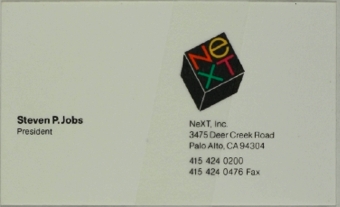(This is the first of a series of posts related to next week’s tenth anniversary of A New Kind of Science. The second covers what’s happened since it was published, and the third its future.)
On May 14, 2012, it’ll be 10 years since A New Kind of Science (“the NKS book”) was published.
After 20 years of research, and nearly 11 years writing the book, I’d taken most things about as far as I could at that time. And so when the book was finished, I mainly launched myself back into technology development. And inspired by my work on the NKS book, I’m happy to say that I’ve had a very fruitful decade (Mathematica reinvented, CDF, Wolfram|Alpha, etc.).
I’ve been doing little bits of NKS-oriented science here and there (notably at our annual Summer School). But mostly I’ve been busy with other things. And so it’s been other people who’ve been having the fun of moving the science of NKS forward. But almost every day I’ll hear about something that’s been being done with NKS. And as we approach the 10-year mark, I’ve been very curious to try to get at least a slightly more systematic view of what’s been going on.
A place to start is the academic literature, where there’s now an average of slightly over one new paper per day published citing the NKS book—with that number steadily increasing. The papers span all kinds of areas (here identified by journal fields):










